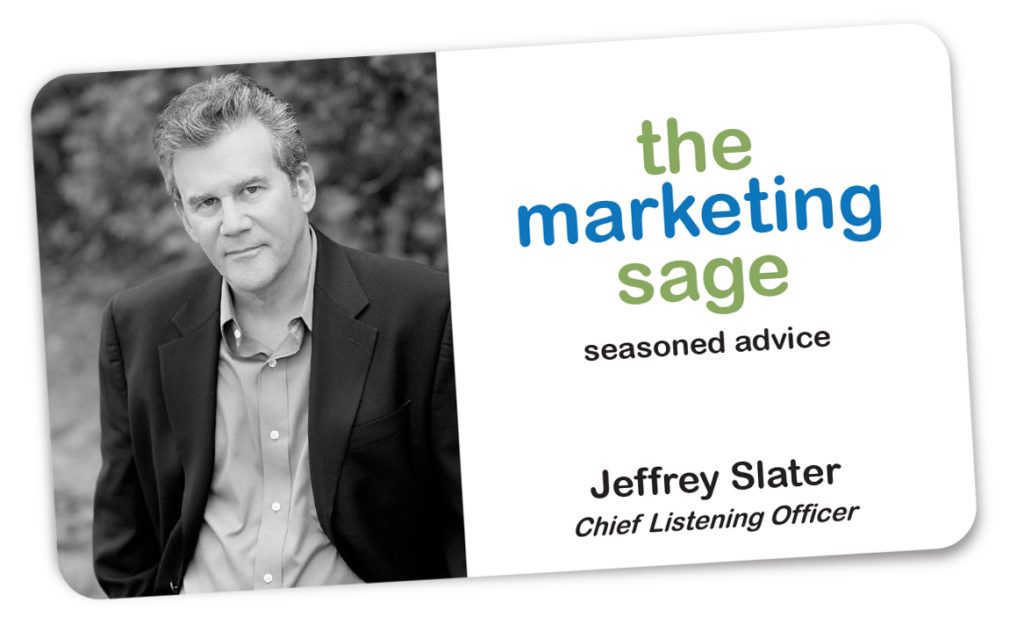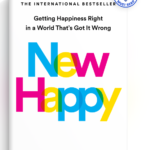Learn to listen and talk less
When you talk with your customers, do you do all the talking?
This method rarely works.
Talking is like breathing. There is the inhale and the exhale. In this metaphor, inhaling is listening, exhaling is talking.
Understanding the challenges your customer faces in their business helps make clear how you may be able to help them. If your product or solution solves a fundamental need, it isn’t easy to make a sale if you don’t share a common understanding of their problem.
I like to shut up, listen and ask great questions. Then, I’ll write my understanding to ensure I understand their situation.
I asked three colleagues to share how they approach listening and asking questions, an underappreciated aspect of marketing. These folks are highly successful and skilled at interviewing, listening, and they ask outstanding questions.
I asked each of them: “describe how you engage with clients and prospects. Tell me about your approach to talking and listening?”
Shut Up and Listen
“When I reach out to an existing customer, I use the 80/20 rule. I speak 20% of the time, and listen the other 80%. That gives me a chance to learn – instead of doing something performative that makes me feel smart. I try hard to curb myself from jumping in and solving their problem. Instead, I ask the simple question – how do you know that is true? It keeps them talking and helps me learn. I listen to learn. And I shut up to listen.”
Sarah L – A senior growth revenue executive at a Fortune 1000 company
Describe Success
“When I speak with a prospective client, I will ask them to describe what success might look like a year from now. I get them to share with me how they measure progress. I asked them to tell me if they think this measurement of success is a reasonable expectation or a stretch. My follow-up question is often what needs to be true for your success to occur – and I try to get granular and specific.
My approach is to understand what good or great looks like to them and if my service can help them achieve their goal. Often, their expectation is unrealistic, and I’ll tell them point blank. I build trust by being as honest as possible so they don’t expect something highly improbable.”
Donna M. A SaaS software executive
Act Like a Detective Solving a Mystery
I pretend I’m a detective interrogating a witness. I try to ask questions that produce facts, not theories. I’m striving to get data and numbers from them to separate fact from fiction. To understand a business, I want to know the trends based on information that might help me develop some hypotheses. I don’t share my hypothesis in the same call – instead, I write them a note saying, “here is what I heard you say, or this is my understanding of the situation.” Until they acknowledge that what I wrote is accurate, I don’t offer suggestions.
When the prospect says – yes, you understand the situation accurately, then I develop a few hypotheses that, if true, may explain why something is happening and how I (or my company) can help them with that challenge.
I agree to “the truth” in writing giving us a common place to start solving the problem. I love detective novels, so this fact-seeking method helps me understand what is happening in a business. I’m the Sherlock Holmes of business consultants.
Len K. – A business strategist and consultant
Mute Yourself
Here is one more tip.
Next time you are speaking to a prospect via Zoom, mute yourself.
Don’t be afraid of the silence. Only unmute to ask a question, and then go back on mute.
This approach is one that I used during twenty-five stakeholder interviews I conducted for The Wall Street Journal’s CMO Network. I was reaching out to Chef Marketing Officers at some of the world’s largest companies. By just asking questions, I could listen deeply. After each call, I’d summarize what I heard in a thank-you note.
The art is in asking better questions.
From these listening calls, I developed some hypotheses. And those hypothesis become a part of a recommendations I make.
Learning revolves around asking great questions and being quiet to see patterns, hear opportunities, or witness delusion.
The root of the word listening is Germanic – to pay attention.
Try listening more.
When you pay attention, you may learn something new or bring a fresh insight to a challenge.
You can set up a time to chat with me about your marketing challenges using my calendar. Email me jeffslater@themarketingsage.com Call me. 919 720 0995. The conversation is free, and we can explore if working together makes sense. Watch a short video about working with me.
Photo by Nick Fewings on Unsplash





